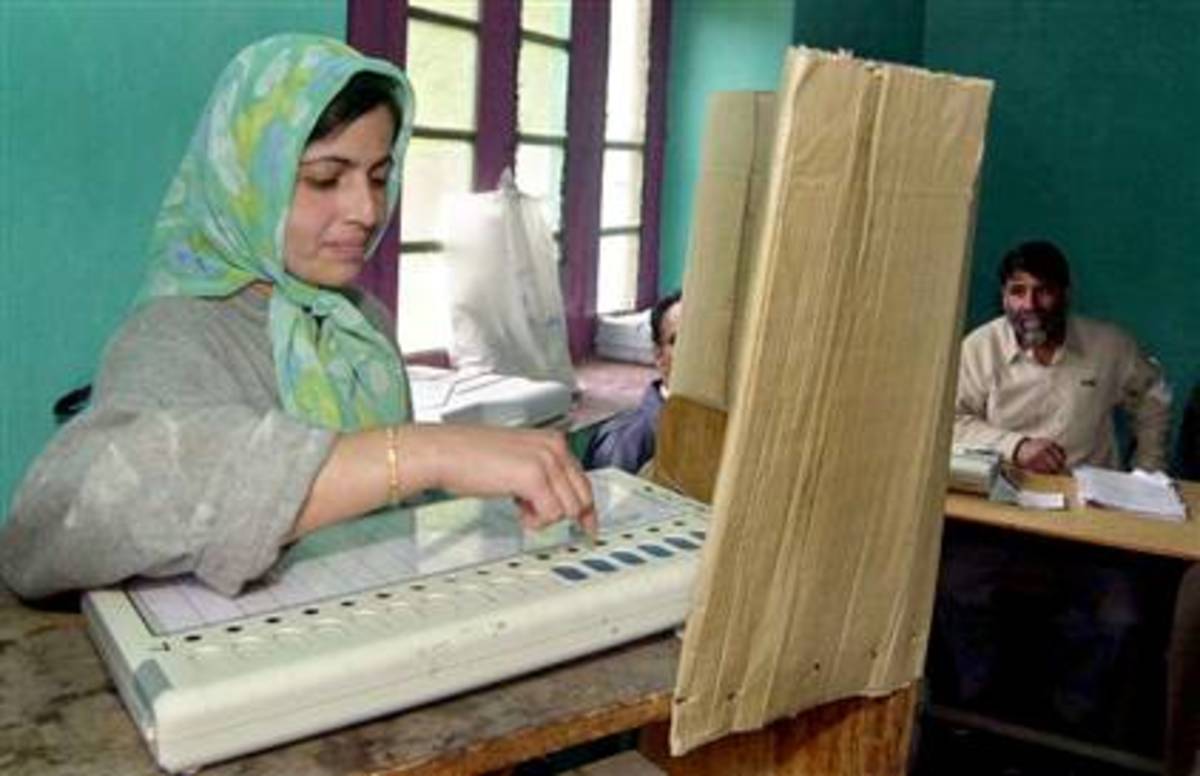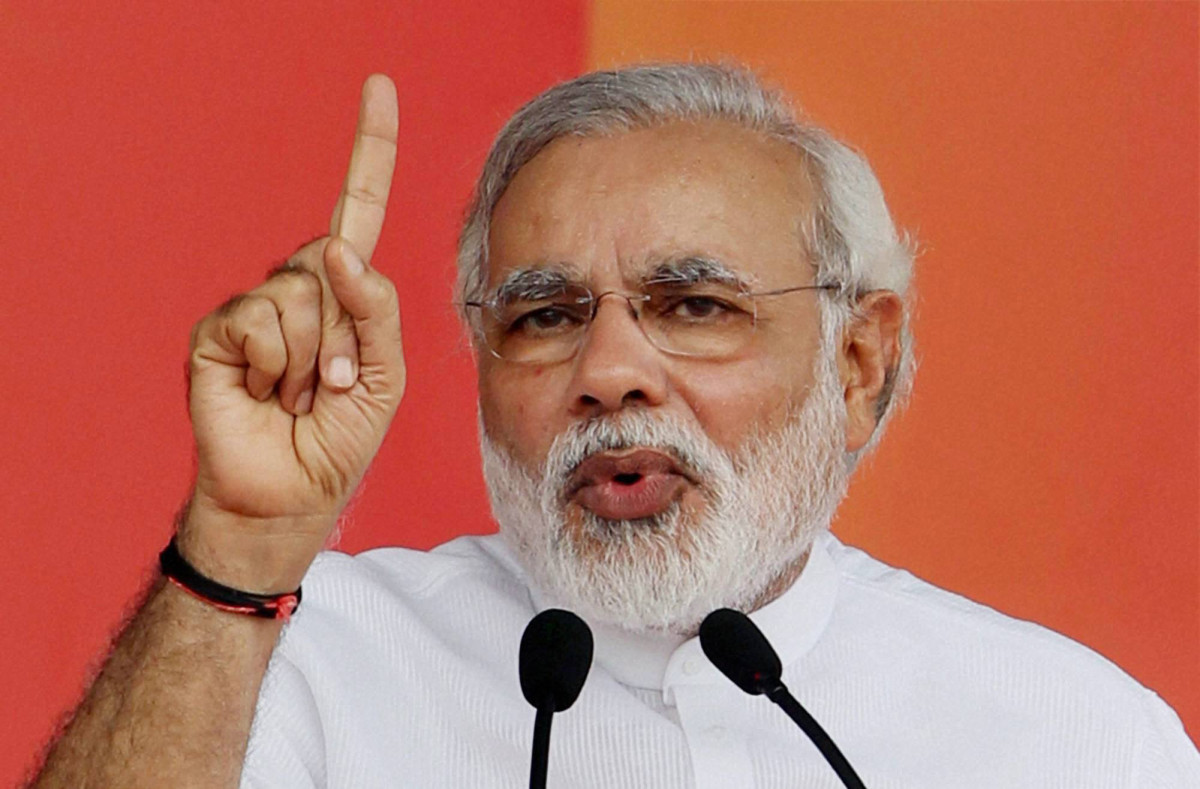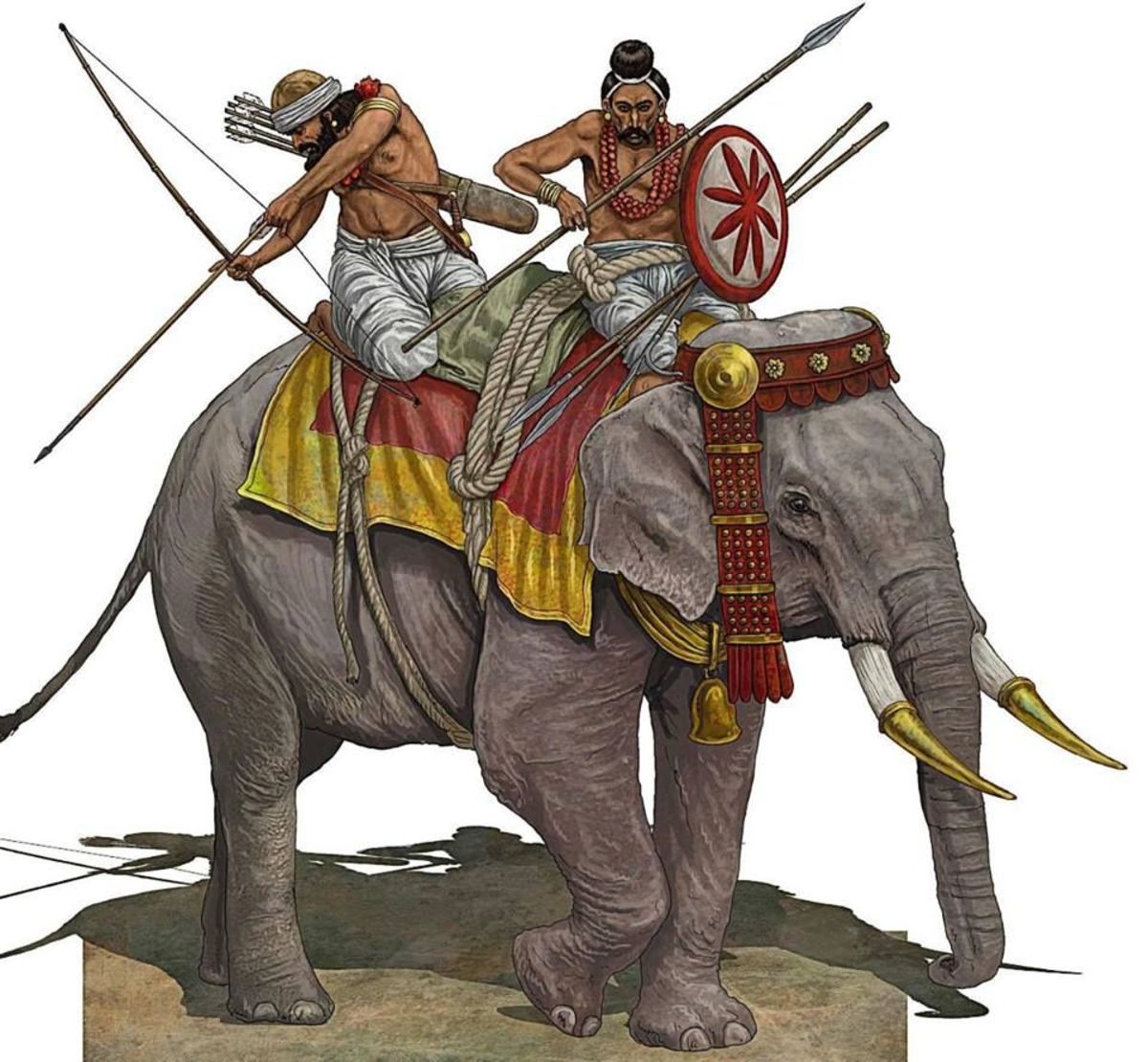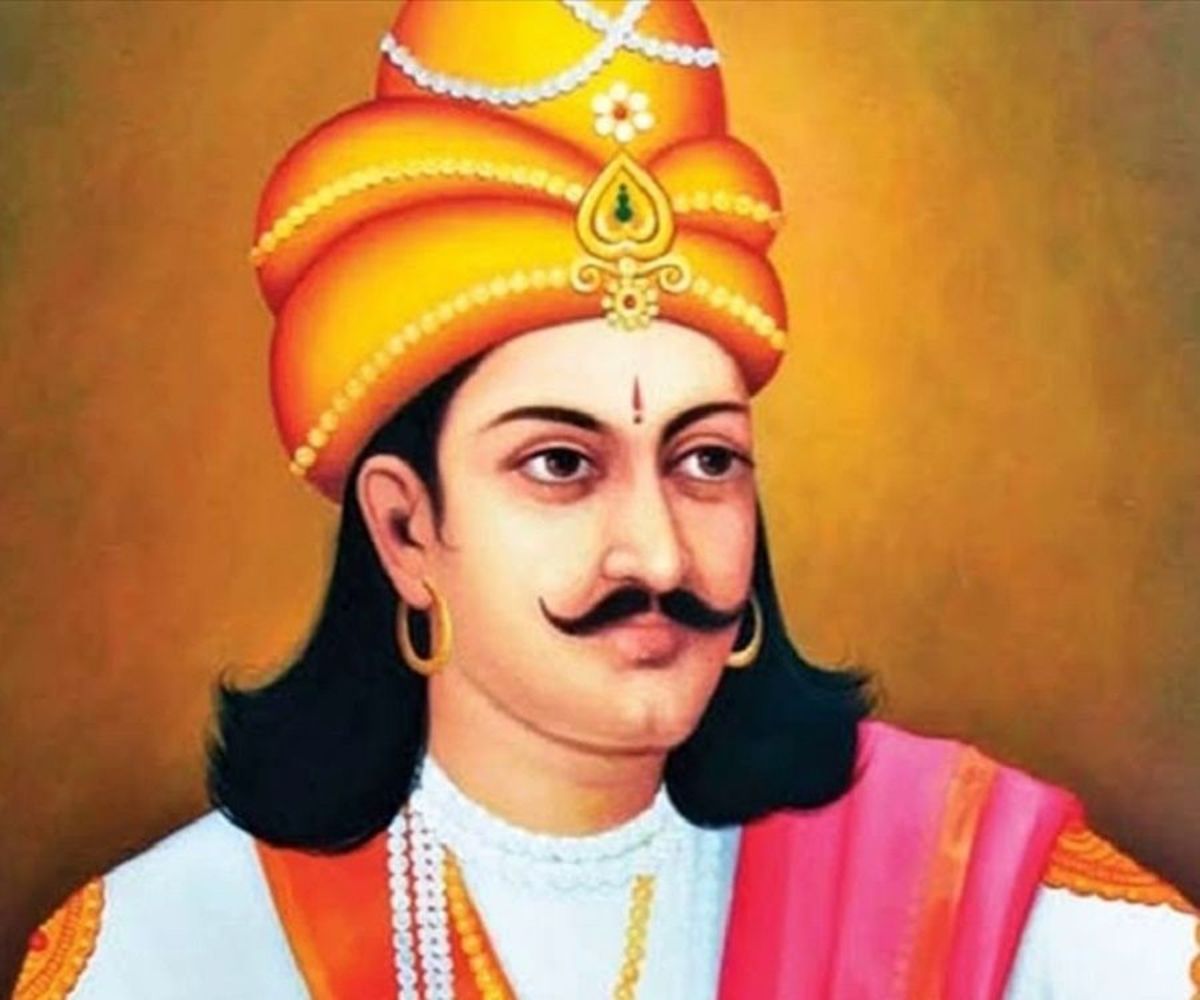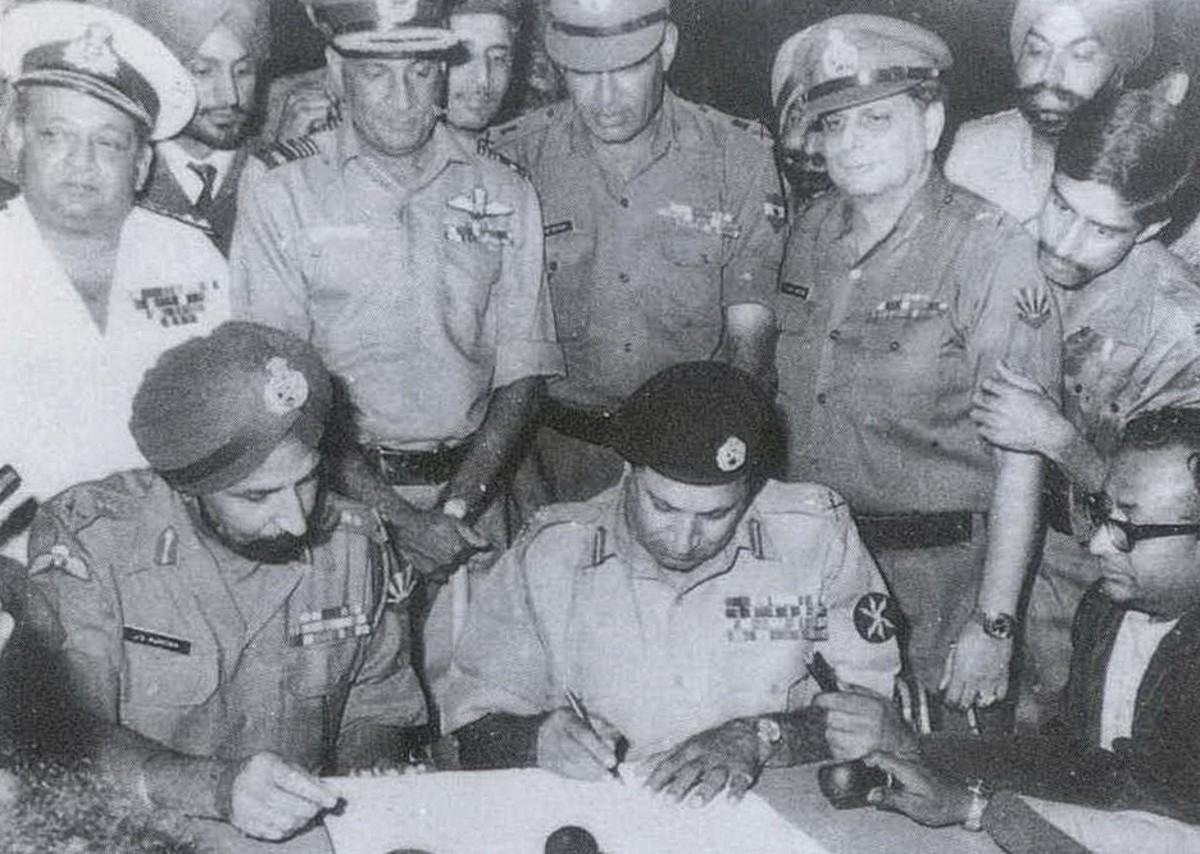Modi Could Not Break Away From Nehru's Thought Process Regarding Dealings With China
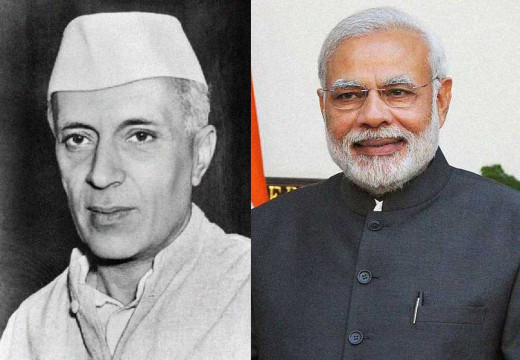
Background
In 1947, Jawaharlal Nehru became the prime minister of India. To his credit, he was a highly erudite person and had spent a lot of time in England and his thinking was not exactly Indian. He joined the Indian National Congress led by Mahatma Gandhi and quickly caught the eye of the Mahatma. This stood him in good stead, because in 1947 when the prime minister of India was to be chosen, though Sardar Patel had a majority in the Congress party, once Gandhi indicated his preference for Nehru, Patel stood no chance. Jawaharlal thus became the first prime minister of India.
Nehru however had a warped sense of history and he had always felt that India and China being neighbors would be great friends. He went backward to placate China and in the process allowed the Chinese a free hand in Tibet. Having spent all his life fighting the British Raj, Nehru lived in the old world and felt imperialism was the bigger threat. He failed to realize that imperialism was finished, as by the end of World War II it collapsed like a pack of cards.
Nehru also failed to beef up the military and felt that the Himalayas were a natural barrier between India and China. He had no concept of strategic military power and one wonders if he had studied the battle of the Bulge during World War II to understand that for modern armies the Himalayas is not a barrier. In this battle even when Hitler was on his last legs, he mounted an invasion in winter through the Ardennes mountains.
Nehru visited China in 1954 and came back convinced that China and India would be great friends. He enunciated the "Principles of Panchsheel"(five principles of peaceful coexistence) between India and China. Nehru was fooled by China's sincerity and he thought that Panchsheel would be the cornerstone of India- China policy. He also coined the phrase "Hindi -Chini, Bhai-Bhai" meaning India and China are brothers.
When all this was going on the Chinese expeditiously occupied 37,000 mi.² of Indian territory in Aksai chin. Nehru had come to know about this occupation a few years earlier but he was hoping that China would remain India's friend and he did not attempt to strengthen the Indian military or to take up with China the case for the vacation of Aksai Chin.
When the Indian opposition came to know of the Chinese occupation of Aksai Chin there was a hue and cry and public opinion built against China. Nehru again had no concept of the role of the military and without having strengthened the army, while leaving for a visit to Sri Lanka, made a statement to the correspondents who were interviewing him that he has given orders to the Indian Army to 'throw the Chinese out.'
This was an extremely silly statement and the Indian commander-in-chief, General PN Thapar very well knew, that it was not feasible to throw the Chinese out. At the same time, he is guilty of not having opposed this order which was given to him. This precipitated a Chinese attack in 1962 and a swift operation in three weeks, the Chinese overran large areas in Ladakh and NEFA.
A bewildered Nehru did not know why it happened and shortly thereafter in 1964, he passed away a broken man unable to comprehend why China should have spurned his hand of friendship.
The country meandered along for the next 50 years by always following a policy of not trying to antagonize the Dragon. So much so, that the border infrastructure was not developed as it might annoy the Chinese and only a few troops were positioned against China in a holding role. The Bharatiya Janata Party at that time was making a hue and cry about having given in to the Chinese demands.
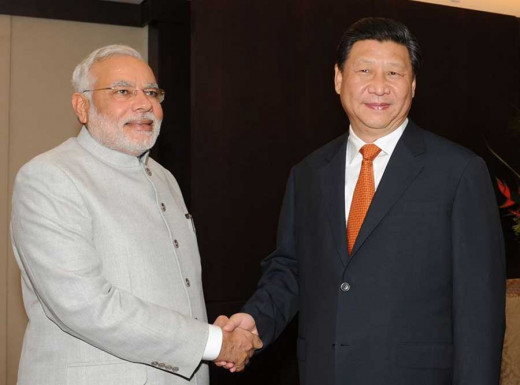
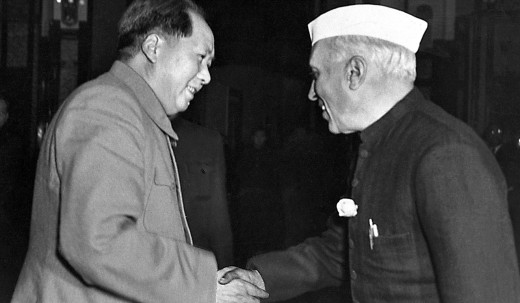
Modi steps in
In 2014, Narendra Modi after 30 years led the Bharatiya Janata party to a victory and an absolute majority in Parliament. Political commentators thought that now Modi will change the policy towards China and bring more muscle into it. When Modi became prime minister he was conditioned by his experience of 10 years as chief minister of Gujarat, when he had visited China several times.
He like Nehru during his visits to China concluded that China could be successfully engaged to the benefit of India. As prime minister of India from 2014 onwards he set in motion the policy of trying to engage with the Chinese. This resulted in 19 meetings between him and President Xi as well as five visits to China over the last five years.
These meetings and visits led nowhere as China continued to be antagonistic to India and after 50 years raised the Kashmir issue in the Security Council. This issue has been lying dormant for decades but China reactivated it and was a total surprise to India. In many other cases, China opposed India and also made it clear that it would veto any attempt by India to become a member of the Security Council. It also opposed successfully the UN's attempt to declare Azhar Mahmoud the mastermind of the Bombay terrorist attack as a terrorist. It began to engage Pakistan and encouraged it.
Knowing that Kashmir is a disputed area, China ignored Indian objections and began to construct its Belt and Road initiative through Kashmir to Pakistan. Even then Modi failed to gauge the true nature of China. He thought the trade would be an initiative to cage China with the result that India built up a trade deficit of $65 billion with China. China was now economically much stronger and it had deeper pockets and it also began to instigate smaller countries like Nepal to oppose India.
The bigger problem was on the line of actual control where Chinese troops repeatedly infiltrated into Indian controlled areas and many times there was hand to hand fighting and scuffles.
Modi also let the armed forces down like Nehru. The Indian budget as a percentage of GDP became the lowest ever for the army since the time of Nehru. He also failed to sanction the One Rank One Pension scheme (0ROP)for which these forces had been agitating for four decades. He had solemnly promised OROP in his 2013 election campaign at a massive ex-servicemen election rally in Haryana.
One cannot help feeling that Modi also was following Nehru's policy and had failed to realize that the only way China can be controlled is by a military that can give a bloody nose to China. His priority for the armed forces appears to be pretty low as he also failed to sanction non-functional up-gradation for the Armed Forces which he had accepted for all other civil services.
By running up a lopsided trade deficit with China and unable to throw the Chinese out from the areas in which they had intruded on the LAC Modi must have realized that his 19 meetings with President Xi amounted to a big zero.
One gets a feeling that just like Nehru was cornered on China, Modi also has had his illusions about China shattered.
Last word
Modi is still relatively young and he has perhaps learned his lesson. He has now set the ball rolling by banning 59 Chinese apps over the internet in India. These were earning millions of dollars for China. If Modi can get his act together and sanction legitimate demands of the forces, he will be in a much better position to face China.
It is now two years since the face-off between India and China commenced along the border and in particular Ladakh. Almost 50,000 soldiers from each side are facing each other with tanks just 200 yards apart. Despite the best affect efforts of Narendra Modi and the government, there has been no de-escalation; on the contrary, the Chinese have deployed Robots to supplement their military power. Modi has still not caught the Chinese dragon by the face, because despite provocation by China he has failed to address the issue of democracy of Hong Kong, the torture and killing of Muslims in Sinkiang, and the complete negation of human rights of Buddhists in Tibet. In all these, he has been dictated by what Alistair McLean wrote, "fear is the key." Modi has to get out of this syndrome if India is to move forward; trying to placate the dragon and trading for $125 billion is not the way forward.
Further reading
On China, Modi Acted Very Much Like Nehru - Ramchandra Guha
https://www.ndtv.com/opinion/curious-parallels-between-nehru-and-modi-on-china-by-ramachandra-guha-2250121
https://www.hindustantimes.com/ht-view/india-china-relationship-modi-has-a-lesson-to-learn-from-nehru/story-WI6Bm2qGUzY6IdOrZS3hdJ.html
© 2020 MG Singh emge

